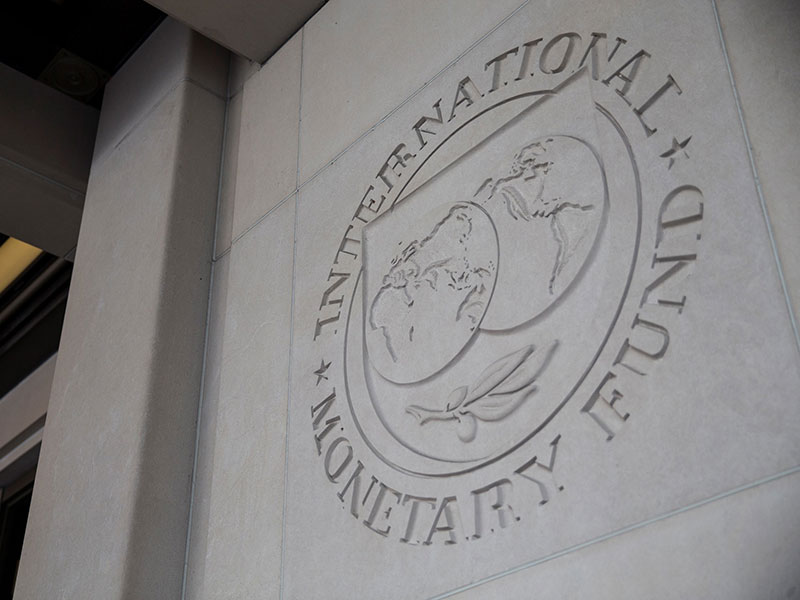
The International Monetary Fund (IMF) has raised its outlook for global economic growth, predicting the world economy will grow by 3.5 percent in 2017. The revised forecast suggests the global economy could well be on course for its strongest performance in several years, bolstered by manufacturing and trade gains in Europe, Japan and China and promising prospects in large emerging markets.
“The global economy seems to be gaining momentum”, said IMF Chief Economist Maurice Obstfeld in the spring edition of the organisation’s World Economic Outlook report. “We could be at a turning point.”
The IMF has been somewhat pessimistic in its predictions since the 2008 financial crisis
The forecast is a marked improvement on last year’s growth prediction of 3.1 percent. The IMF has been somewhat pessimistic in its predictions since the 2008 financial crisis, expressing concern over the global economy’s slow rate of recovery. The upward revision therefore strikes a more positive tone, estimating that the world economy could grow at its fastest rate in five years.
Despite this optimistic outlook, the fund also warned that creeping protectionism and looming geopolitical tensions are a threat to global growth. According to the report, protectionist policies in advanced economies could ultimately lead to “trade warfare”.
As a staunch defender of free trade policies, the IMF reiterated this position in its latest report, suggesting that “inward-looking policies” and excessive use of tariffs and duties may ultimately damage the global economy. Last week, Christine Lagarde, the fund’s managing director, warned that a “sword of protectionism” hung over the global economic future.
Since taking office in January, US President Donald Trump has pursued several protectionist policies, abandoning the Trans-Pacific Partnership and pushing a ‘buy American, hire American’ rhetoric. While the IMF expects the US economy to grow by a moderate 2.3 percent this year, it could see Trump’s aggressive economic policy as a threat to further US growth.
In addition to targeting trade protectionism, the report also identified low productivity and high income inequality as crucial impediments to global growth. Weakening levels of productivity are identified as a major medium-term challenge for many emerging market and developing economies.
According to Obstfeld: “Whether the current momentum will be sustained remains a question mark… The world economy still faces headwinds.”


